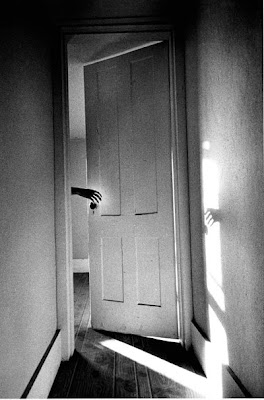
Ralph Gibson, 'The Somnambulist'. I think the guitar stuff is kind of horrible though, like the photo equivalent of Paul McCartney's later career.
Photography and Light.



'There is very little doubt that during the entire Middle Ages there existed the belief in a distinct relationship between stone and stars'
Peter Fingesten, The Eclipse of Symbolism
'Today when the original treatment of stone has disappeared, we are only occasionally aware of it, chiefly there where old stained glass windows still gleam and where their light transforms the stone. We should think of the Cathedral not only in terms of colour, but as being suffused with the atmosphere of light….the building should ‘shine’, ‘sparkle’, ‘glitter’, ‘dazzle’…it would however be false to say that the Cathedral denies its stone character. It keeps it throughout, only it idealizes it by giving it a gem like, transfigured, vibrant, crystalline aspect'
Hans Sedlmayr, Die Enstehung der Kathedrale


I’ve been hanging out in tanning salons lately; in fact I even went on a sun bed the other day, all in the name of research, of course. Trying to create a contrast to the more ‘spiritual’ photographs that I have taken at the eclipse, solstice etc. However the sun bed photos have a spiritual atmosphere all of their own, if I don’t sound a wanker saying this about my own work. This is because of the light; the eerie glow of the blue, the unusual effect by having this enveloping light source, and the shorter wave length of UV. Mostly though the pictures remind me of mortuary slabs in TV police procedural dramas. The light makes the body seem lifeless. Being on the beds is akin to being slowly roasted in an industrial cooker. Surprisingly hot and really claustrophobic. I only managed about two and a half minutes but now I feel really good for having a dose of sunshine- so begins the slippery slope! By January I’ll probably have full scale tanorexia. My beloved, being a man, insisted on going on for twice the recommended time and now has sun burn. I feel a bit guilty, for me the whole idea of going on a sun bed seems wildly exotic and massively irresponsible, yet for masses of people, particularly in the North of Britain this is normal. The list of tanning salons in